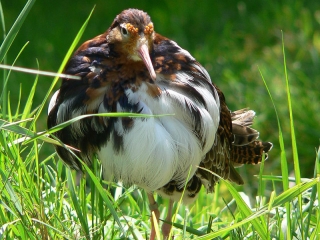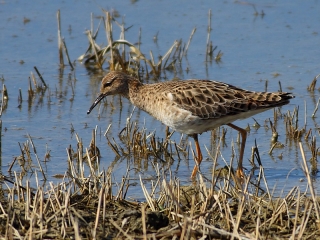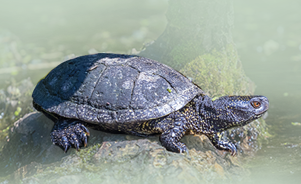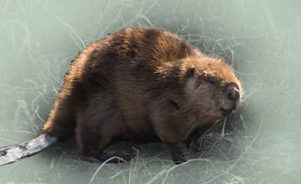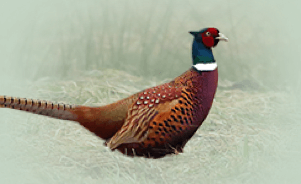Ruff Philomachus pugnax
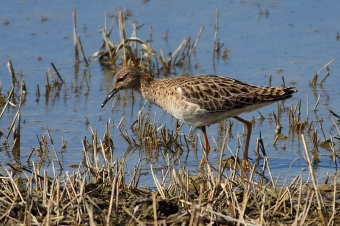
Features
The ruff is a medium-sized charadriiform (shorebird) with a relatively large body and a small head, long neck and a medium long and slightly down-curved beak.
| Species | Bird |
| Living space | Lake, Meadow, Pond, Shore, Swamp |
| Size | 22 - 32 cm |
| Weight | 130 g |
Description
The ruff's wingspan measures between 46 and 60 cm. There is a marked difference in size between sexes: males are noticeably larger than females. In winter, all ruffs, male and female, are similarly coloured. Their abdominal side is brighter, grey to white, and they are darker brown-grey above, while the base of their beak is white-trimmed. In summer, almost every bird is different. This is especially true for males, which change completely in spring. In spring, their feathers become uniformly to distinctly transversally striped in black, rusty-brown, orange-brown or white. The white colour strongly extends on the neck and forms a giant collar. The feathers on the head form ‘ears’, the warts on the face become bigger, and the feathers on the face fall down. The ruffs are migrants which nest in the north of Europe from May to August. They search for food in deltas of rivers and seas, as well as in wide inland swamps located in the lowlands. After the nesting period, the ruffs gather into large flocks, which can count several thousand specimens, and fly together to their wintering areas in the Mediterranean, Africa and the Middle East. On their migratory routes, they regularly stop on marshy meadows and lake shores in Slovenia, but winter here only exceptionally. During the nesting period, the ruffs feed almost exclusively on land and water insects. On their migratory flight and in winter, in addition to insects, their diet also consists of crabs, spiders, molluscs, earthworms, frogs, small fish and cereal seeds as well as other grasses, sedges and aquatic plants.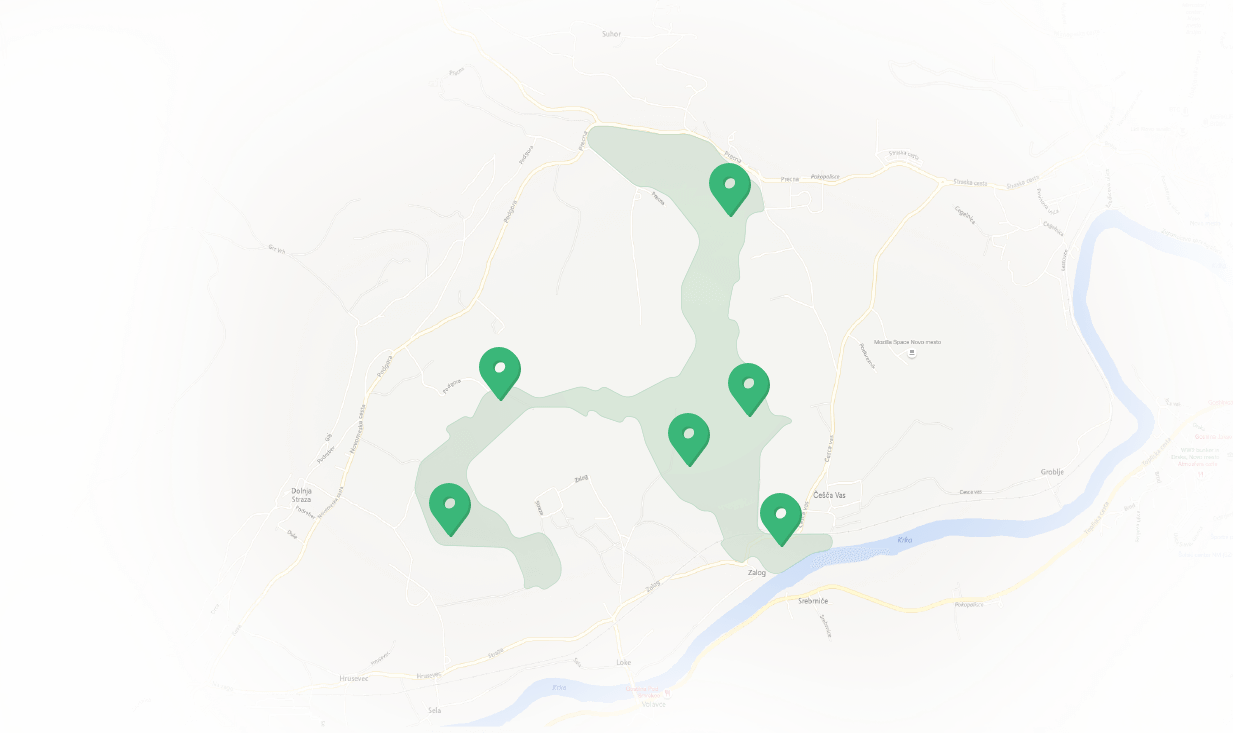
Features Temenica (3)
SPECIAL ogr.

